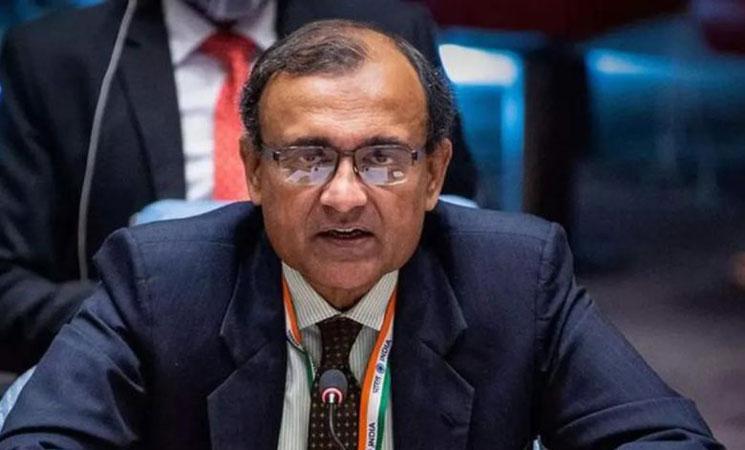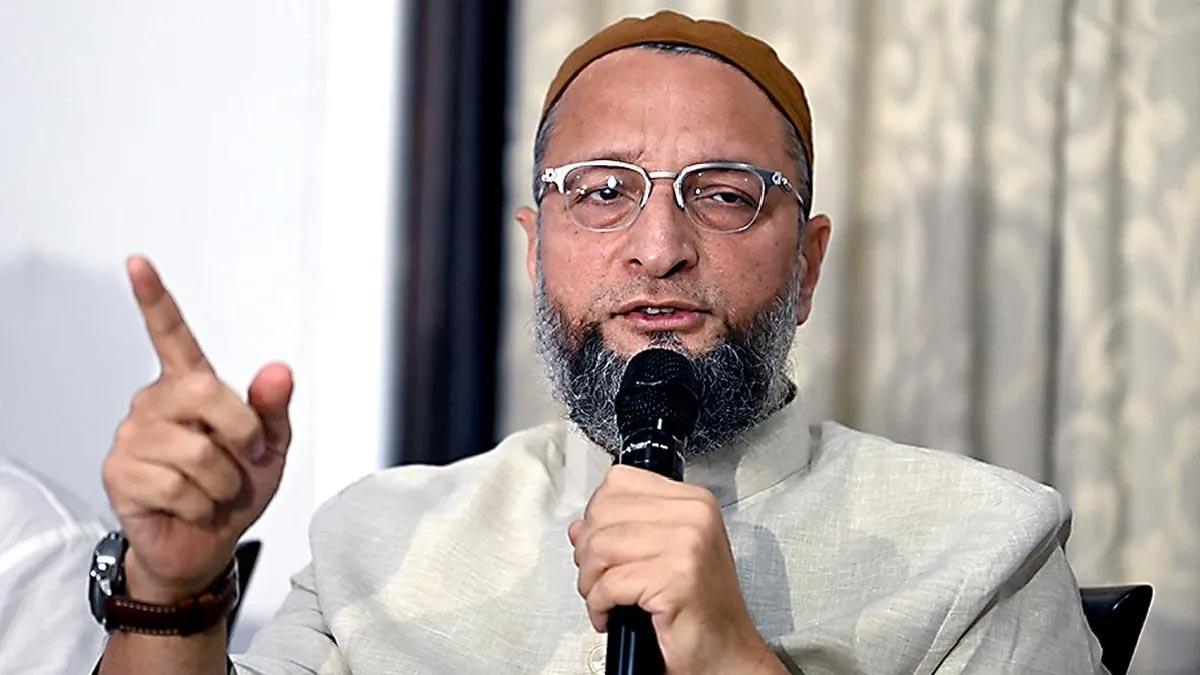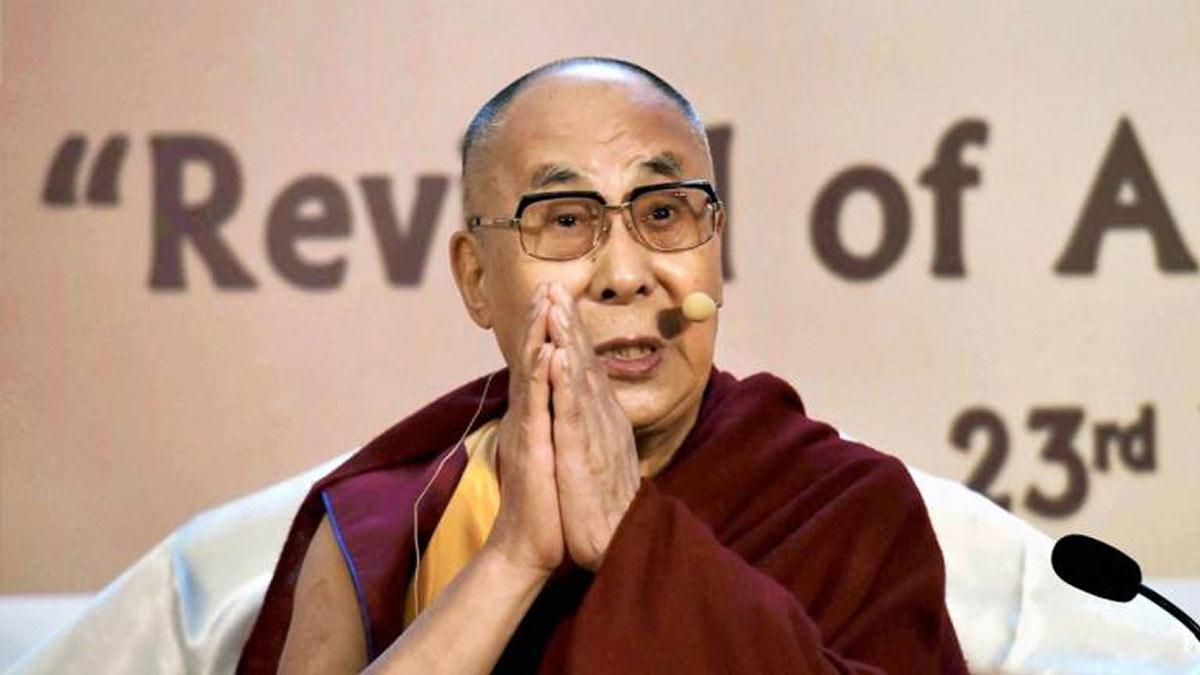While condemning Islamaphobia, India said on Tuesday that denouncement of bigotry at the UN should apply to all religions, a stance also adopted by France and the European Union.
Speaking at the UN General Assembly after it adopted a resolution proclaiming the International Day to Combat Islamophobia, India's Permanent Representative to UN, T.S. Tiruurti, said, "This resolution may well end up downplaying the seriousness of phobias against all other religions."
France and the European Union took a position similar to India, expressing reservations that the resolution's call for tolerance was not inclusive of all believers, and went further to say that it should also include protection for non-believers.
India did not oppose the resolution proposed by the Organisation of Islamic Cooperation (OIC), which was introduced by Pakistan's Permanent Representative Munir Akram and was adopted unanimously.
"We are not convinced that we need to elevate phobia against one religion to the level of an international day," Tirumurti said.
He added, "We are concerned about elevating the phobia against one religion to the level of an international day, to the exclusion of all the others. Celebration of a religion is one thing, but to commemorate the combatting of hatred against one religion is quite another."
Tirumurti said that it was "unfortunate that word ‘pluralism' finds no mention in the resolution".
He said the resolution's sponsors rejected India's amendments to include the word "pluralism", while the European Union and France also said their suggestions to modify the resolution were also turned down.
France's Permanent Representative Nicolas de Riviere said, "The resolution does not respond to the concern that we all share, to fight against all forms of discrimination, because they create a division within the fight against religious intolerance by only selecting one religion to the exclusion of others [and] without reference to the freedom to believe or to not believe."
"Must we expect the creation of days dedicated to each religion to each degree of belief or non-belief? There may not be enough days in the year to satisfy all these demands," he added.
In a similar vein, the European Union delegation's Deputy Head Silvio Gonzato said, "We are concerned with the approach of addressing only one religion through a General Assembly initiative. By singling out a particular confession, we risk undermining the very universality of our approach."
The resolution made a passing mention of "antisemitism and Christianophobia and prejudices against persons of other religions or beliefs", but only singled out Islamaphobia for observance and for action.
Tirumurti said, "We condemn all acts motivated by antisemitism, Christianophobia or Islamophobia. However, such phobias are not restricted to Abrahamic religions only. In fact, there is clear evidence that over decades, such religiophobias have, in fact, affected the followers of non-Abrahamic religions as well."
He said that followers of non-Abrahamic faiths, including Hinduism with 1.2 billion followers, Buddhism with more than 535 million followers and Sikhism with over 30 million followers, were facing bigotry.
"There is clear evidence that over decades such religiophobias have, in fact, affected the followers of non-Abrahamic religions as well. These have contributed to the emergence of contemporary forms of religiophobia, especially anti-Hindu, anti-Buddhist and anti-Sikh phobias," Tirumurti said.
"These contemporary forms of religiophobia can be witnessed in the increase in attacks on religious places of worship like gurdwaras, monasteries, temples etc., or in spreading of hatred and disinformation against non-Abrahamic religions in many countries," he added.
As examples of the rise in religiophobia against non-Abrahamic religions, he cited the destruction of Bamyan Buddha in Afghanistan by the Taliban, violation of gurdwaras, massacre of Sikh pilgrims at a gurdwara, attack on temples, and "glorification of breaking of idols in temples".
"As a pluralistic and democratic country, which is home to almost all religions of the world, India has always welcomed, over the centuries, those persecuted around the world for their faith or belief.
"Whether they were Zoroastrians or Buddhists or Jews or people of any other faith," he said, adding: "They have always found in India a safe haven shorn of persecution or discrimination."
Akram, while introducing the resolution, asserted that "the objective of observing this day is about uniting, not dividing".
Also read | Social media influences society, affects info processing: IAF chief
Without naming any country, he said, "The gender aspect of Islamophobia is also gaining prominence unfortunately with girls and women being targeted due to the mode of their dress, and the general notion that Muslim women are oppressed and thus must be caught liberated."
While the Karnataka High Court on Tuesday upheld restrictions on hijab in classrooms, such restrictions have been in place in France and some other European countries.
The resolution, which proclaims March 15 as the International Day to Combat Islamophobia, said that terrorism and violent extremism "should not be associated with any religion, nationality, civilisation or ethnic group".
Earlier, the General Assembly passed a resolution co-sponsored by India on the rights and protection of widows.


















